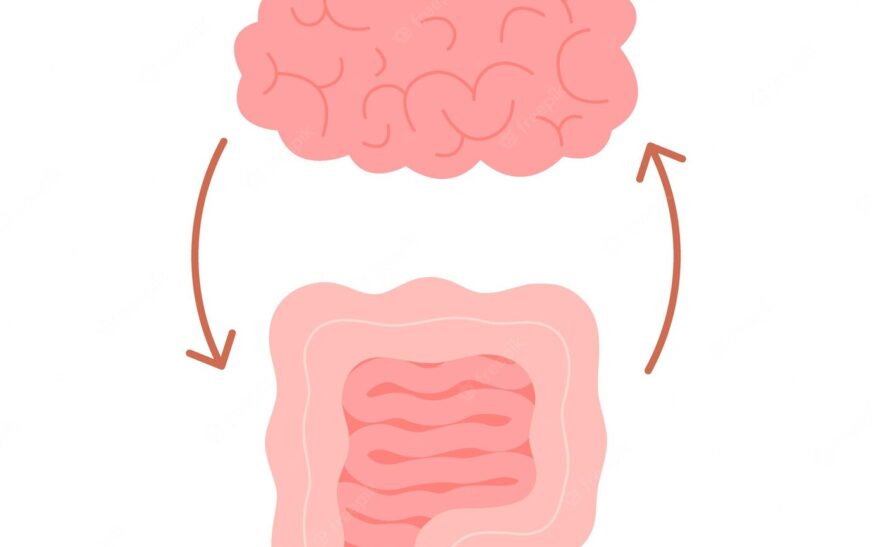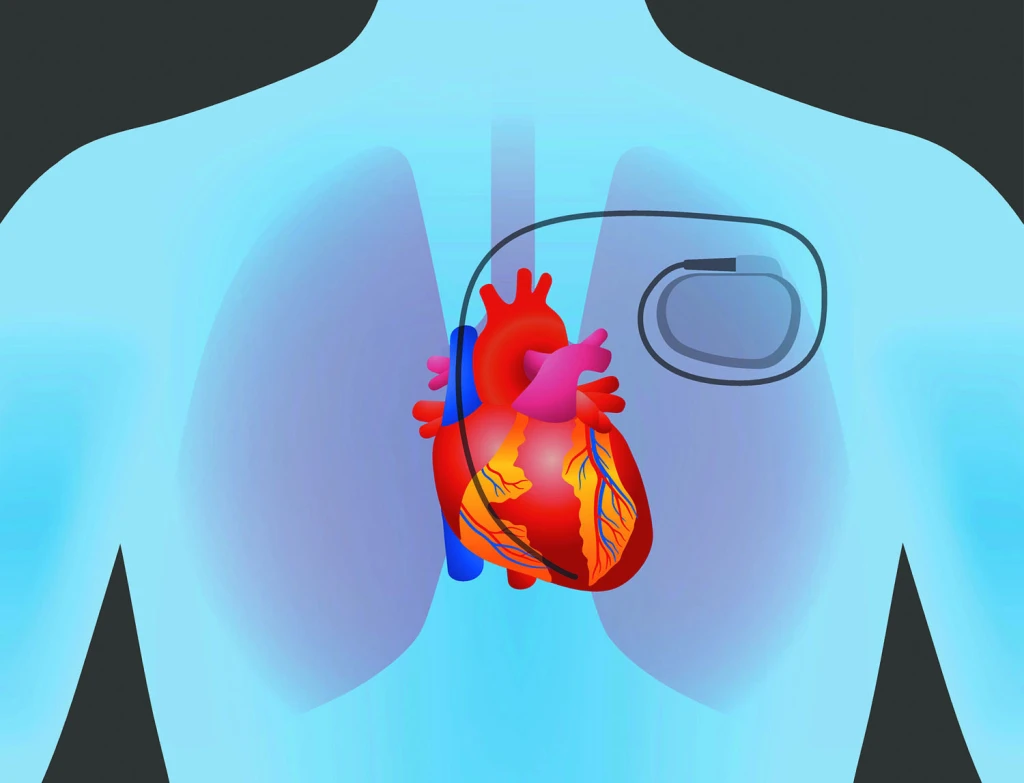Several decades of medical research into what causes the common abdominal disorder called Irritable Bowel Syndrome, has revealed a deep connection between the human gut and the brain, now referred to as the Gut Brain Axis.
The spectrum of gut symptoms indirectly or directly related to the brain and linked with our mind has widened to include long standing bowel dysfunction, several forms of “painful” bowel movements, feeling of bloating or gas, and sometimes even heartburn when investigations fail to detect anything wrong with the colon or stomach.
The connection between the two organs can sometimes reveal itself on skillful evaluation of history. On a closer look one can often notice a “pattern”, the symptoms having worsened during stressful phases of life such as change of jobs, uncertainty in relationships, examinations.
When directly asked if a patient with recent aggravation of symptoms is “stressed”, the answer is often a prompt “No”. This phenomenon is called “denial”, a fairly common response, as many may not be able to recognize “stress” or find it embarrassing to admit to what they perceive as a weakness.
Correlating symptoms with life-events could be a useful method; when one plots the occasions when they have had distressing symptoms requiring consultation with doctors or increase in dose of medications, with life events such as examinations, death in the family, separation, sometimes a clear pattern emerges, reinforcing that stress during those times could have disturbed the function of the gut.
What is Gut-Brain-Axis all about? It is bi-directional connecting network of nerves linking the central nervous system of our brain with the plexus of enteric nerves in the abdomen. They regulate signals in both directions: disturbances of the mind (anxiety, depression, anger) at the center is conveyed as signals to the abdominal network, which in turn fans a wave of vigorous contractions and copious production of acid or mucus, causing gut symptoms.
The gut symptoms, in turn, are conveyed up as well. Not surprisingly, the mind feels calm if the “stomach” is relaxed and the bowels have cleared well, or gets “stressed” if there has been gripe and stools have not passed satisfactorily.





